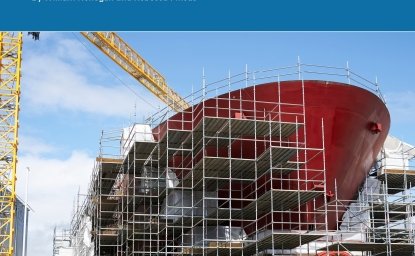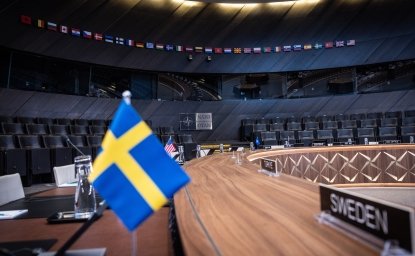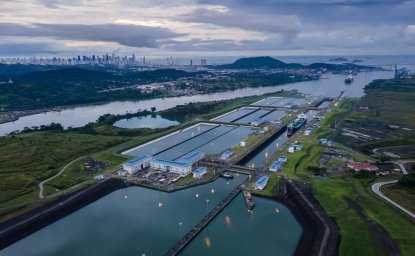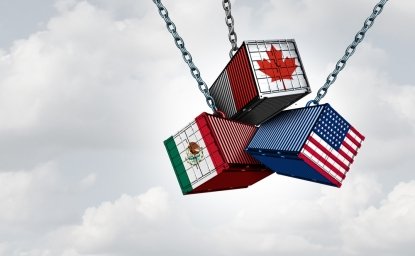Water as a Resilience Multiplier for an Inclusive Indo-Pacific

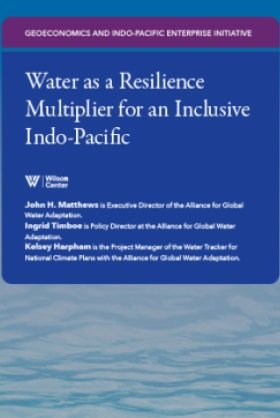
Following their summit meeting in June 2022, the G7 leaders agreed to invest $600 billion in infrastructure projects around the world over the next five years. The move has been widely seen as a response to counter China’s Belt and Initiative, but coordinated efforts by the world’s wealthy democracies to invest in much-needed infrastructure worldwide is also an opportunity to focus on shared economic interests by the G7. By prioritizing investments in communication technology, clean energy, healthcare, and gender equality, the G7 are also framing new ways to align their domestic concerns into development assistance. At the same time, the definition and approach to infrastructure development is being reshaped. Through its collection of essays, Building Up Competitiveness and the G7’s Infrastructure Ambitions, Wilson Center’s Geoeconomics and Indo-Pacific Enterprise Initiative explores how the G7 can invest in infrastructure more effectively whilst confronting the challenges posed by China’s BRI to the regional order of the Indo-Pacific.
Authors


Wahba Institute for Strategic Competition
The Wahba Institute for Strategic Competition works to shape conversations and inspire meaningful action to strengthen technology, trade, infrastructure, and energy as part of American economic and global leadership that benefits the nation and the world. Read more

